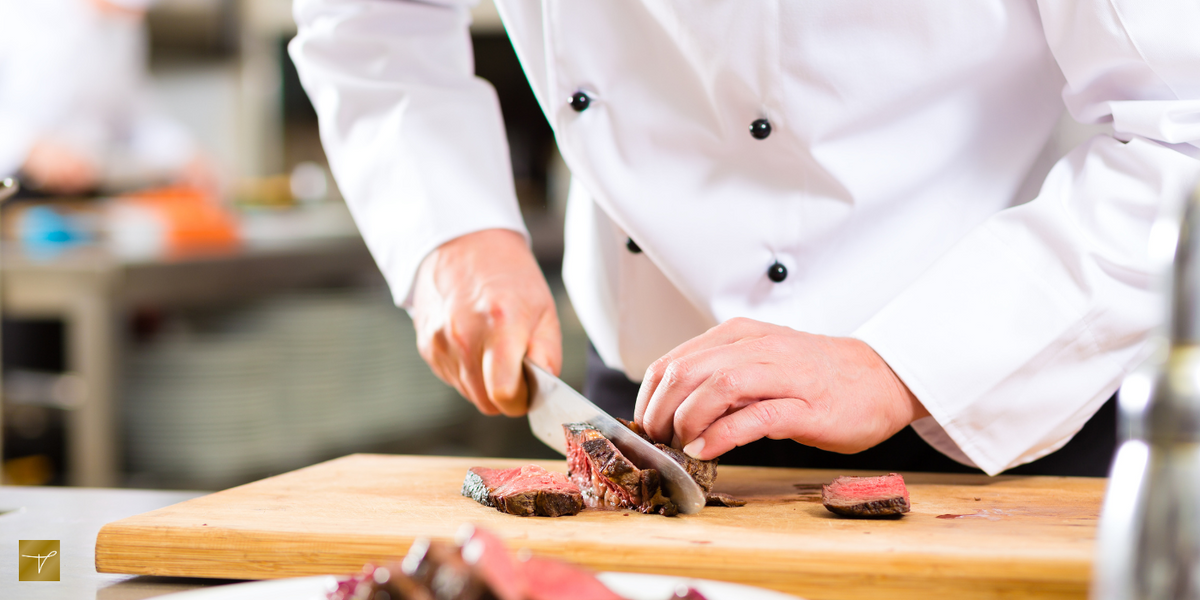
VIP Service of a Private Chef: The Philosophy of a Personal Chef
|
|
|
Time to read 4 min
|
|
|
Time to read 4 min
Working as a private chef for a VIP client involves a deep and discreet understanding of the life and preferences of the person to whom this service is offered. Recently, I was tasked with creating a personalized experience as a private chef for a well-known sports figure. With this responsibility, designing a culinary profile tailored to every detail of the client's lifestyle is essential to guarantee an exclusive and satisfying experience.
The first step in the process was a test dinner with no specific information about the client's tastes or restrictions . In situations like this, I opt for a tasting menu of at least ten dishes, served in small portions to offer a variety of flavors and textures. I select a combination of French, Mediterranean, and Asian influences, maintaining balance and good taste. The goal is for the client to enjoy a safe and sophisticated exploration of flavors that allows them to get to know my style.
For a private chef, every detail is valuable when tailoring the menu to the client's tastes and habits . However, obtaining this information requires skills in asking the right questions in a subtle way and with respect for the VIP's privacy. Personal assistants and other close staff can provide clues about tastes and preferences, but it is crucial to remain discreet and learn to observe without being intrusive.
Creating a culinary profile for a VIP is an ongoing, adaptive process that should reflect both the client’s taste and lifestyle. Some important considerations include:
Age and Gender: Nutrition and presentation can vary greatly depending on the client’s life stage and lifestyle. For example, a young athlete will require a different approach compared to an older executive.
Old Money vs. New Money: These categories are relevant in the private catering industry. “Old money” clients are often more accustomed to coordinating with trusted staff, which makes the chef’s job easier. “New money” VIPs, on the other hand, tend to lead a more dynamic and unpredictable lifestyle, which requires flexibility and adaptability on the part of the chef.
Cultural and Religious Context: Religious or cultural restrictions can greatly impact the menu. It is important to consider, for example, the culinary preferences of people with multicultural heritages or specific religious practices, in order to avoid inappropriate ingredients.
Presence or Invisibility: A private chef must know when to interact with the client and when to withdraw. This involves observing the dynamics and adapting to the client's needs, maintaining a balance between presence and discretion.
Culinary Diary and List of Preferences: From day one, keeping a diary of the customer's reactions to the dishes served helps to fine-tune their likes and dislikes, optimizing each culinary experience. This record allows the chef to anticipate and plan effectively.
Working with a VIP means having access to a supportive, professional environment comprised of drivers, personal trainers, butlers, and security. These individuals, with whom the VIP maintains close interactions, can provide valuable insight into habits and preferences. Over the years, I have learned that security personnel and trainers are often discreet and trusted sources of insight into the client's routines and habits, while butlers offer critical information about daily schedules and travel plans.
Adaptability is one of the most valuable skills for a private chef. A VIP's habits can vary depending on their commitments, stress level, and physical condition. As chefs, we must understand that our role goes beyond serving dishes: it is about being part of the client's well-being environment. In this sense, anticipating their needs and adjusting menus according to their daily demands is essential for success.
Working for a VIP can be an extraordinary experience if the client values and respects the staff. However, it is important to know when a professional relationship is not healthy. There are clients whose lifestyle and behavior can make it difficult to meet their expectations on an ongoing basis, and in such cases, a private chef must make decisions about whether to continue in the position.
Being a private chef for a VIP client is an enriching opportunity that goes beyond cooking; it is a professional connection based on trust, discretion and the ability to anticipate the client's needs.